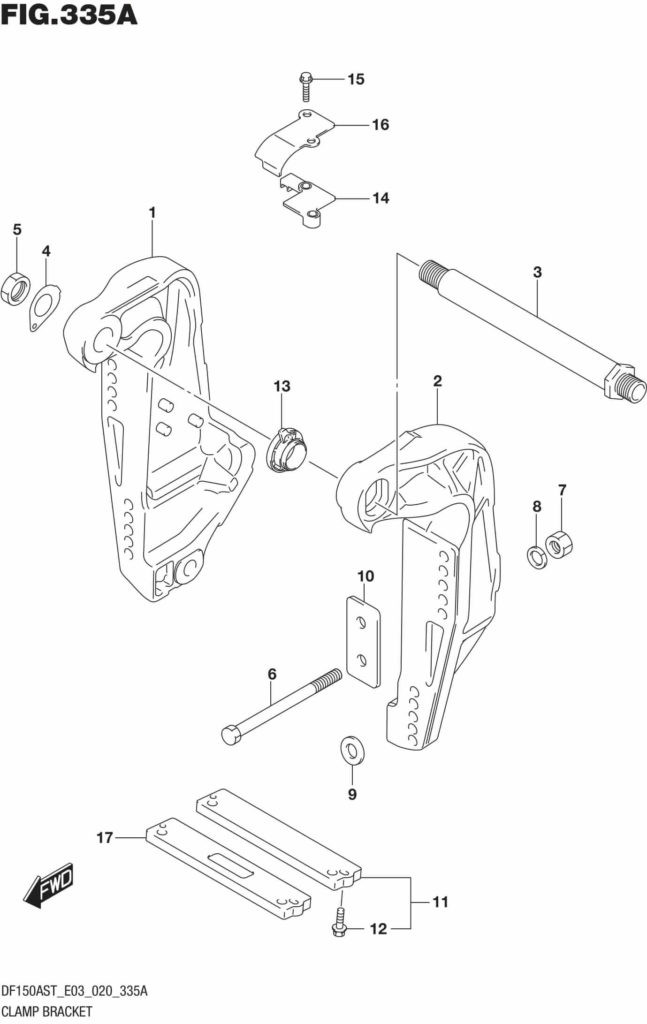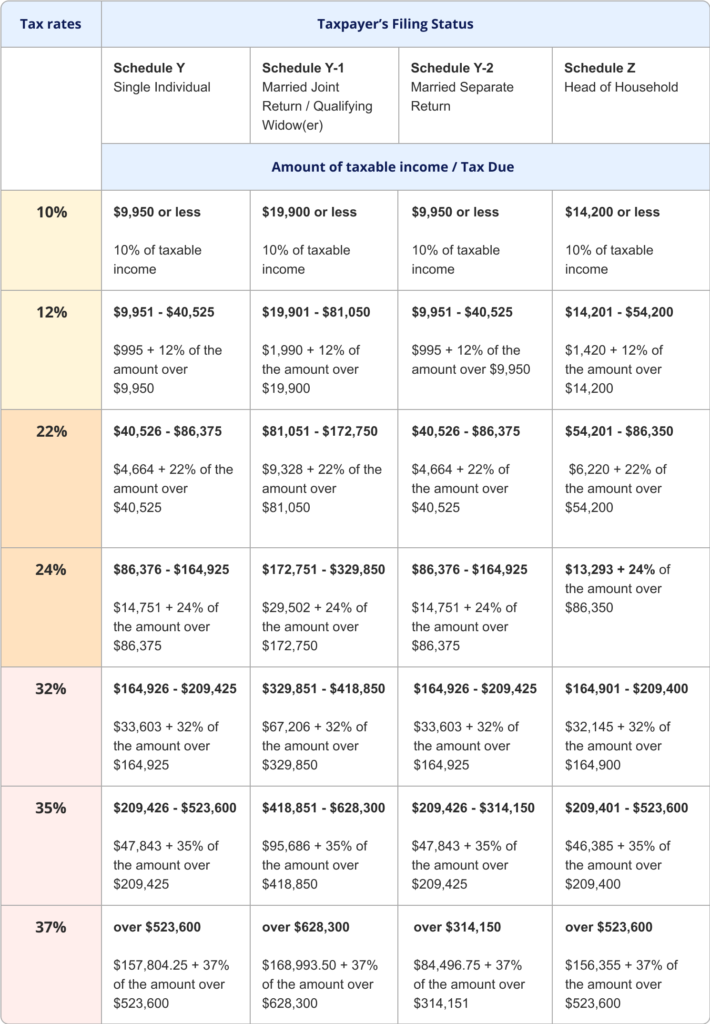

The term "net long-term capital gain" means long-term capital gains reduced by long-term capital losses including any unused long-term capital loss carried over from previous years. The term “net short-term capital loss” means the excess of short-term capital losses (including any unused short-term capital losses carried over from previous years) over short-term capital gains for the year. The term "net capital gain" means the amount by which your net long-term capital gain for the year is more than your net short-term capital loss for the year. If you have a net capital gain, a lower tax rate may apply to the gain than the tax rate that applies to your ordinary income.

To determine how long you held the asset, you generally count from the day after the day you acquired the asset up to and including the day you disposed of the asset. For exceptions to this rule, such as property acquired by gift, property acquired from a decedent, or patent property, refer to Publication 544, Sales and Other Dispositions of Assets for commodity futures, see Publication 550, Investment Income and Expenses or for applicable partnership interests, see Publication 541, Partnerships. If you hold it one year or less, your capital gain or loss is short-term. Generally, if you hold the asset for more than one year before you dispose of it, your capital gain or loss is long-term. To correctly arrive at your net capital gain or loss, capital gains and losses are classified as long-term or short-term. Losses from the sale of personal-use property, such as your home or car, aren't tax deductible. You have a capital loss if you sell the asset for less than your adjusted basis. You have a capital gain if you sell the asset for more than your adjusted basis. Generally, an asset's basis is its cost to the owner, but if you received the asset as a gift or inheritance, refer to Publication 551, Basis of Assets for information about your basis. When you sell a capital asset, the difference between the adjusted basis in the asset and the amount you realized from the sale is a capital gain or a capital loss. Examples include a home, personal-use items like household furnishings, and stocks or bonds held as investments.

Almost everything you own and use for personal or investment purposes is a capital asset.


 0 kommentar(er)
0 kommentar(er)
